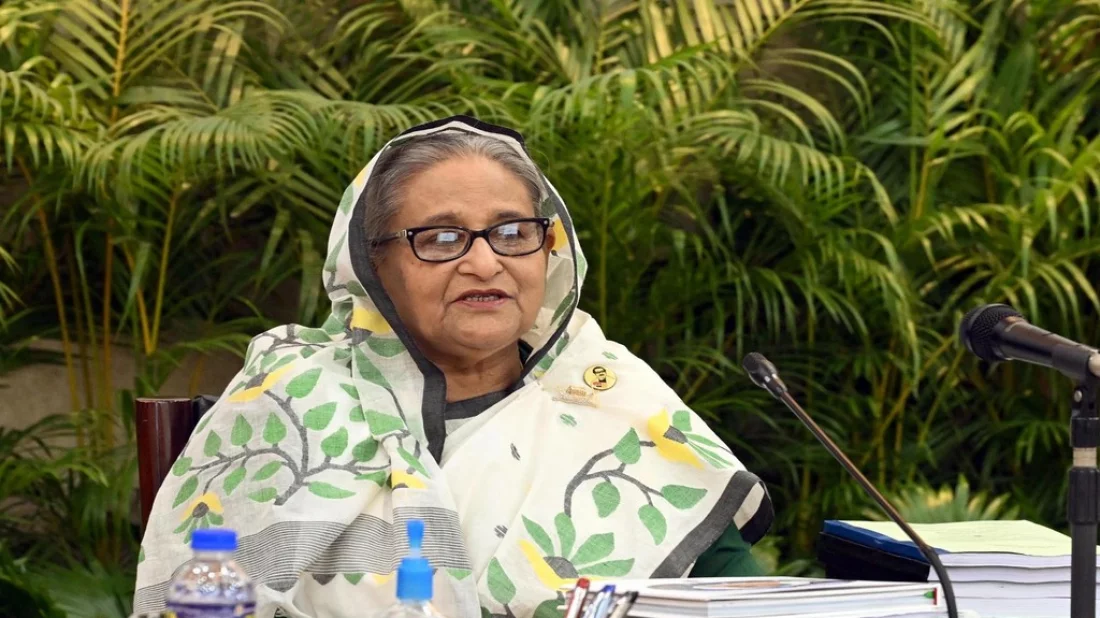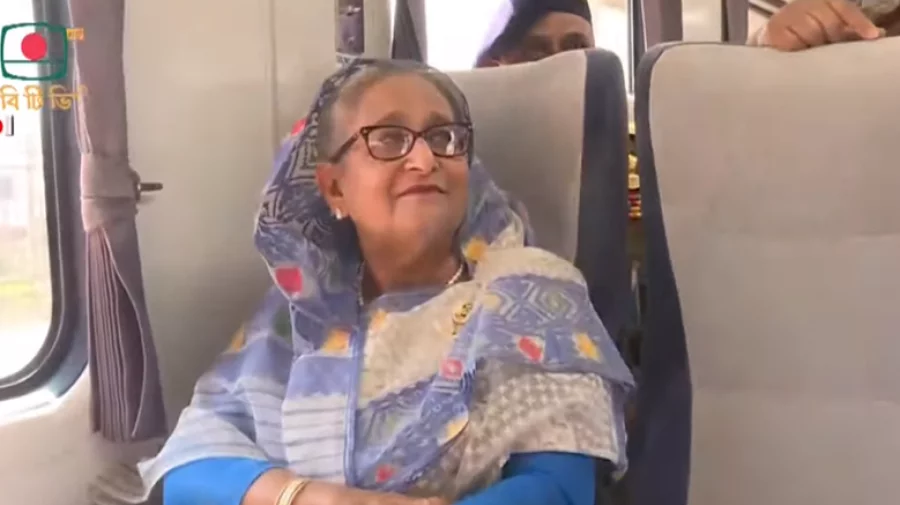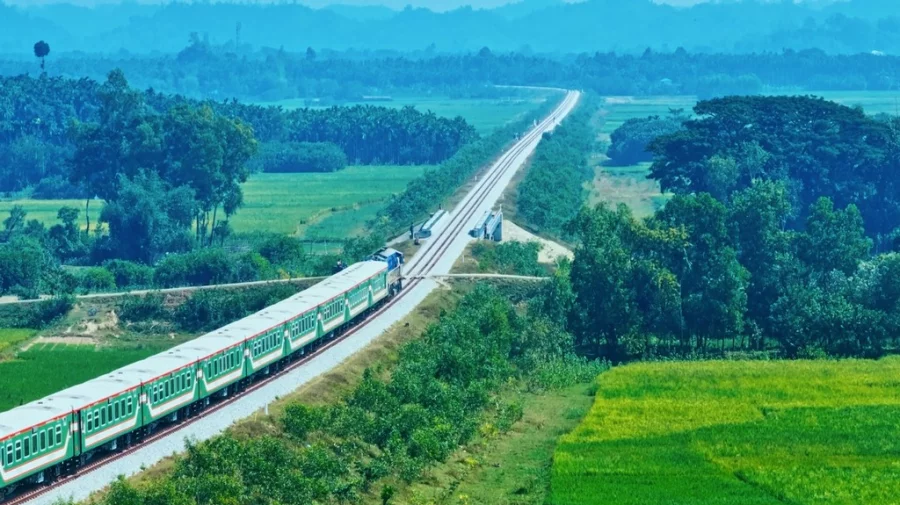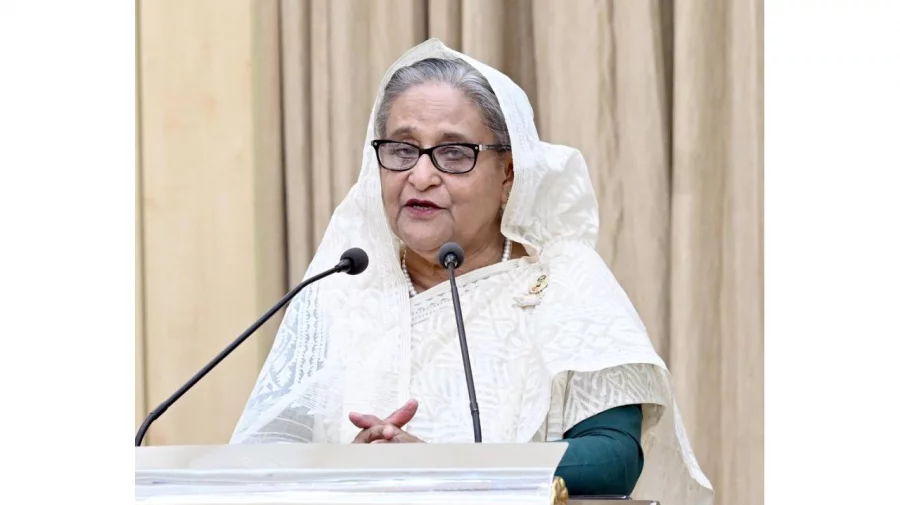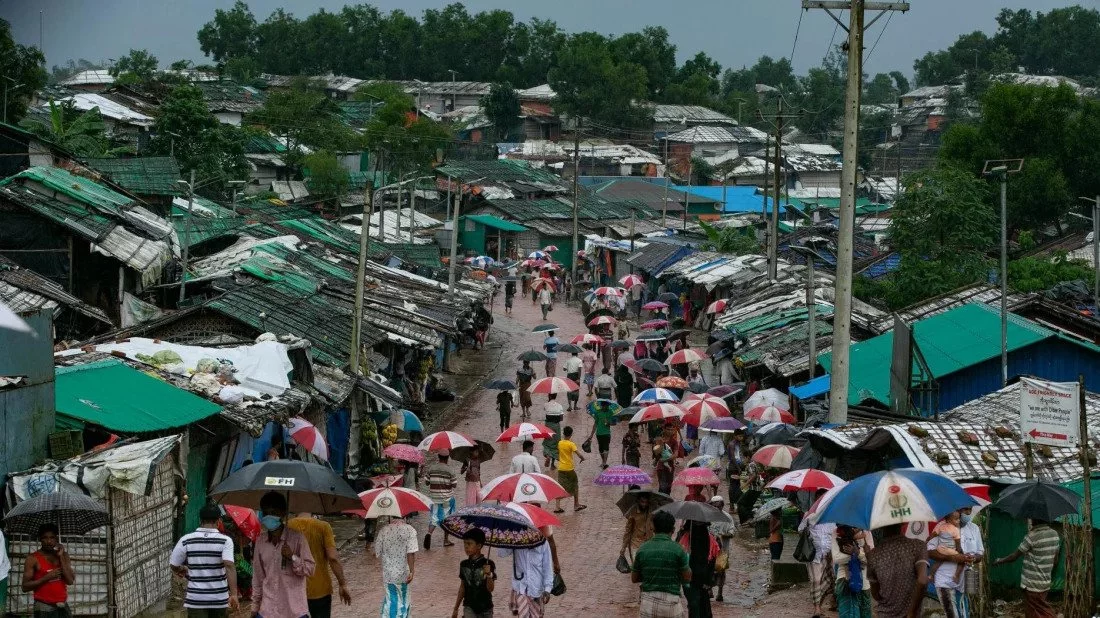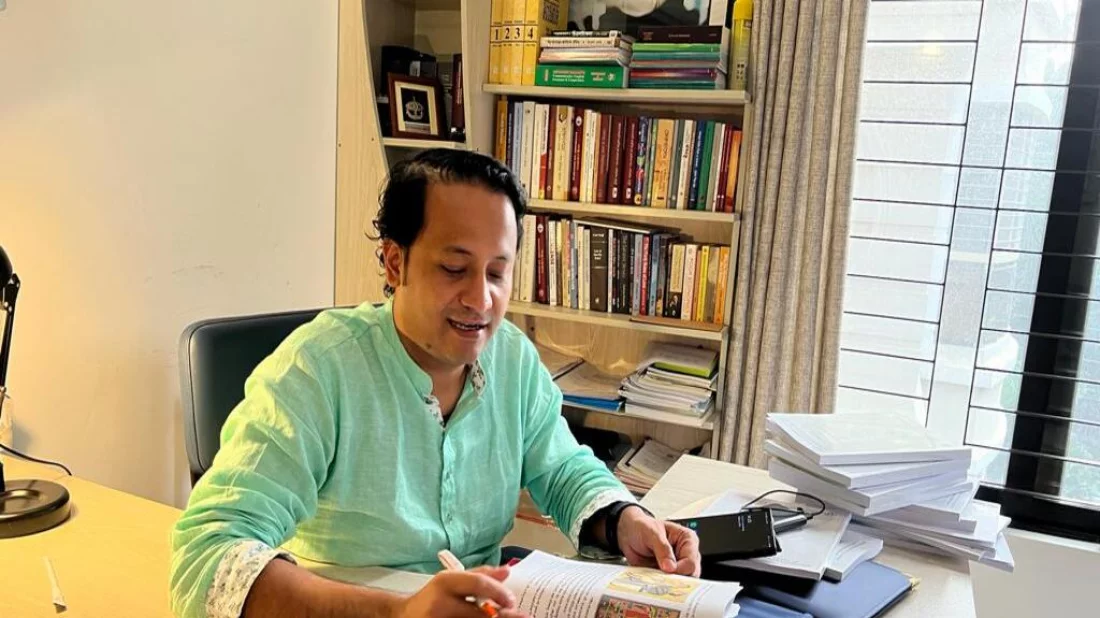
The newly adopted skill-based education curriculum for secondary and higher secondary levels in Bangladesh has drawn huge criticism among the guardians. This system drastically changed the traditional knowledge-based educational model by initiating an application-based learning method. The traditional class tests, exams, and evaluation system have also been changed with this new curriculum. In an exclusive interview with Dhaka Tribune’s Ali Asif Shawon, Deputy Education Minister Mohibul Hassan Chowdhury revealed the reasons why the government has initiated this fresh curriculum. Here’s the second of a three-part interview.
There are a number of social media trolls on some of the new textbooks. What would you say about them?
We have added a book called “Jibon Jibika," which is being criticized on Facebook. In this book, we look at the types of future professions—from freelancers to teachers, doctors, nurses, and caregivers. There is information on all the professions. Now the book is very effective. After reading this book, one will know how to become an entrepreneur by taking loans from a bank. Such basic information is covered in this book. If one learns these in classes, then he or she can become a caregiver even if they drop out after SSC.
Earlier, our curriculum used to give two options to students. Either you become a doctor or a rickshaw puller. There was no middle ground.
A boy will decide to become a doctor or a nurse after 16 years. We want to ensure his basic education until the age of 16. In Bangladesh, one-third of those who study science at the school level do not study science at the higher secondary level. There is no point in knowing the complexities of physics in class nine. If I want to study physics, I will learn it later.
How will you adopt the new education methodology step by step?
We are going to keep the basic curriculum at SSC level. We want to keep special subjects at the HSC level. It is a feature of this new curriculum. Another topic is experiential learning. Everyone should have basic knowledge of science, math, social science, and business studies up to the age of 16.
The modern and developed countries follow this method, and they keep the heavy subjects for the upper levels. Calculus is taught at the university level in the USA, whereas in Bangladesh we learn it at the age of 14. The fear of calculus is instilled in a student in such a way that he becomes afraid of its name. As a result, we are introducing an age-based curriculum. In class six, the students who failed because of rote learning end up in madrasas or become child labourers.
The schools expelled a large number of students each year in order to maintain a successful record. There is an MPO facility for the successful schools and no MPO for the rest of them. If we can stop this practice until 14 years of a student’s life, then they will have basic learning. Those who will do well will study at a higher level and go to universities.
This curriculum has been present in the developed world for ages. We want to change the knowledge-based curriculum. India has also understood this need, and as a result, they are going to introduce a new education policy with an emphasis on life-oriented education. Now we are going to bring non-formal education into the formal education system. This is called Recognition of Prior Learning (RPL). But we are emphasizing the Bangladesh Qualification Framework (BQL). As a result, if someone learns any other skill while in school, we will give it institutional recognition and add it to their education.
In Japan, if a student plants a tree and makes it grow, he gets a mark. In our country too, these life-oriented lessons should be given to the students. Logic is very weak among science students in our country, and creativity is also comparatively weak. The reason for this is psychology. We lack creativity in our science education.
The US has the most patents in the world, followed by Japan and other countries. If a student is not creative or imaginative, he will not be able to imagine new things. It is the creative mind that paves the way for new discoveries.
Meanwhile, humanities and business students can think scientifically. There is a difference between being science-minded and knowing basic science. We have given a lot of importance to higher education in our country. As a result, the salary and income of a skilled person are seldom much higher than those of a highly educated person. Being a doctor or surgeon is not the only job at a hospital. There are nurses, and there are caregivers. The same is true for law and engineering.





